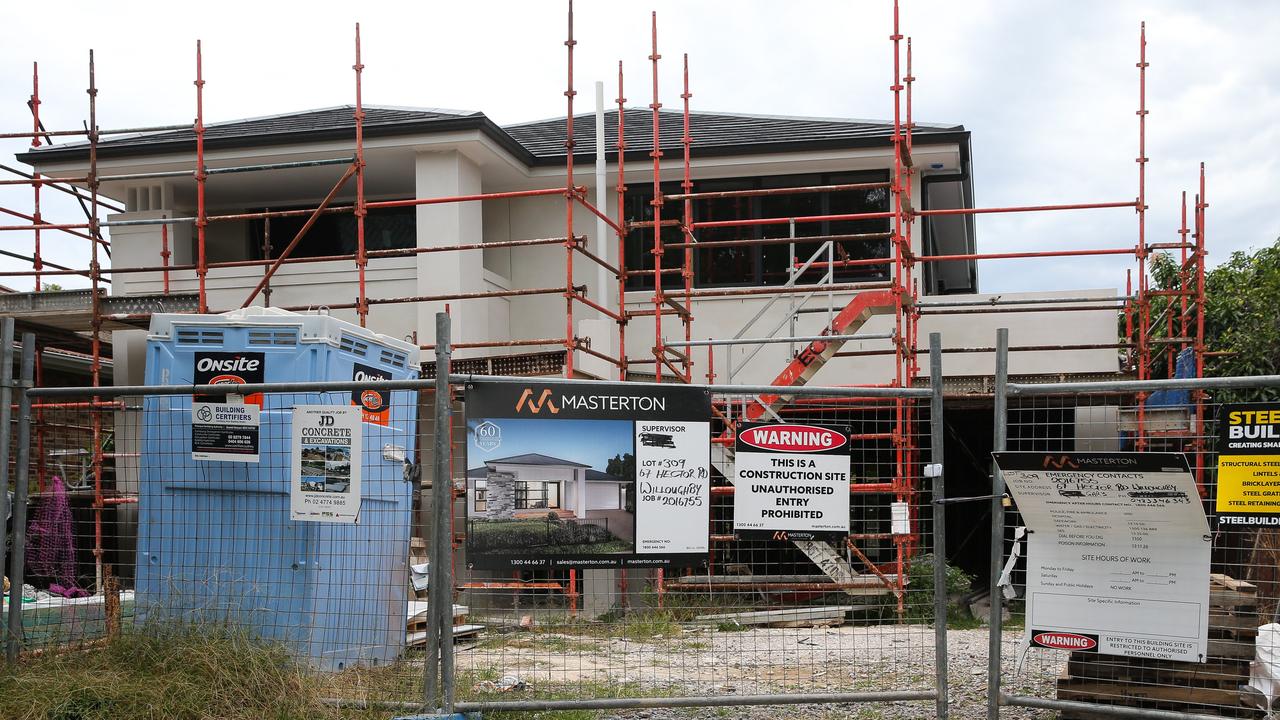Borrowing slows as rates bite
LENDING to the private sector is showing signs of moderating as higher interest rates begin to bite, new figures show.
LENDING to the private sector is showing signs of moderating as higher interest rates begin to bite, new figures show.
The data gathered by the Reserve Bank of Australia (RBA) implies the central bank may leave official rates unchanged after its board meets next week to discuss monetary policy.
Total lending to the private sector by financial intermediaries rose 0.8 per in March and was up 14.9 per cent over the year.
The rise was helped by small increases in housing and business borrowings, and reflected a small rebound from the 0.6 per cent growth recorded in February.
But personal lending for credit cards and small loans still fell 0.2 per cent in the month.
Economists said the data show overall demand for credit was growing at a more moderate pace, following official interest rate rises in February and March.
"As such, these results will add to the case for patience in setting monetary policy in the months ahead," ANZ head of research Warren Hogan said.
"We think the RBA will hold policy steady next week as the momentum numbers continue to point to a slowing in activity in 2008."
Lending for housing rose 0.8 per cent in March, which was slower than the 0.9 per cent gain in February.
"Interest rate hikes and the higher costs of living are weakening borrowing," CommSec chief equities economist Craig James said.
"It's no surprise that consumers are cutting back."
Mr James said credit was now growing at its slowest pace in six years.
The moderating trend was also reflected in the business sector, with lending up 0.9 per cent in March, compared to rises of 0.3 per cent February and 1.5 per cent in January.
Lehman Brothers Australia chief economist Stephen Roberts said that taken together the business lending figures showed that the ability of businesses to source funding through intermediaries had become more limited over the March quarter.
"While businesses have been turning towards financial intermediaries for credit accommodation during the credit crisis, the sharp deceleration in business credit growth in the first quarter is a sign that financial intermediaries are becoming much less accommodating," he said.
"All told, the March credit data paint a picture of slowing growth in the economy with a particularly pronounced slowdown developing in retail spending."
The March lending data was compiled in the same month the RBA raised official interest rates by 25 basis points to a near 12-year high of 7.25 per cent, following a similar increase in February.



